First introduced in the 1960s, family systems therapy has become an extremely effective form of treatment. It creates a better home life with stronger communication while solving family difficulties.
The overall goal of systematic family therapy is to improve the relationship of family members. It often confronts family trauma and a disconnect between the unit, but the aim is to repair the damage that may have been caused.
This article will provide you with everything you need to know about family systems therapy and how it may benefit you.
What Is Family Systems Therapy?
Family systems theory, often known as Bowen theory, was created by psychiatrist Murray Bowen. His first research focused on families who dealt with schizophrenia. He looked at the behavior of humans and how they interacted as a family.
This eventually developed into family system therapy. The system was made to improve relationships between intimate units, such as families. It’s a form of psychotherapy that helps families work through family issues while considering each individual member to work together as a whole.
The concept behind family therapy is to gain a better understanding of how the dynamics of the group fit together. This breaks down into how each member’s actions contribute to this.
During therapy sessions, the family’s behavior patterns are analyzed and assessed. This helps determine the best way to increase the functioning of the family.
What Is Systematic Family Therapy Used For?
The reason for attending family therapy differs for every family, but a large part typically focuses on mental health and discussing family problems. Choosing to attend therapy can address issues such as
- Anxiety
- Bipolar disorder
- Depression
- Parental challenges
- Sexual dysfunction
- Eating disorders
- Traumas
- Anger management
- Addictions
- Substance abuse
- Communication
These are just some of the instances when systematic family therapy can be beneficial for everyone.
What Methods Do Therapists Use Within Family Therapy?
Systematic family therapy is split into categories and concepts, to work with each family individually. Therapists will have preferred treatments and methods but their goals will ultimately be the same.
Therapists will spend the sessions observing and analyzing how the family interacts with one another. They will diagnose any psychological disorders. Therapists will also offer healthy solutions to problematic and dysfunctional behavior.
Therapists can guide families through traumatic events, like divorces and deaths. They offer a healthier approach to lifestyle and wellbeing too.
Here are some of the categories that Bowen researched and created for family therapy.
Structural Family Therapy
This approach focuses on relationships, including patterns and behaviors within those bonds. This often looks at activities involving siblings and parental relationships. The key here is to work toward family relationships that feel equally respected and empowered.
Strategic Family Therapy
Strategic family therapy assesses the functioning of the family. It concentrates especially on communication and the way problems are solved. Here the therapist can take control, offering everyone equal chances to communicate which might not happen in the home.
Therapists may provide homework for the family. This is to help the family practice their techniques in everyday life, helping the family communicate and solve problems.
Generational Family Therapy
This category allows the session to normalize family issues and challenges. It emphasizes the significance of the family origin such as early life experiences and how this affects the family as a whole.
Conflict can occur between different generations, such as parents and children, or grandparents and grandchildren, which can become unhealthy and destructive. The aim is to resolve these difficulties.
Other techniques involve Milan therapy, relationship counseling and education, and communication theory.
The Core Concepts of Therapy
Alongside the main approaches, there are also core concepts that play a role in each session. Let’s take a look at the different concepts.
Differentiation of Individuals
Often linked to codependency, this concept determines emotional and intellectual needs, away from your own identity. We are born with an identity that develops and changes as we grow, taking influence from our family and surroundings. This concept is often analyzed if an individual is unable to separate themselves from the group.
Triangle
This is named simply for being the smallest interdependent group, made up of three people. The patterns and dynamics expressed between the three people, mean the key concepts can still be applied.
Multigenerational Considerations
This concept looks at the small differences between generations within the family and the conflict this can cause. It also draws on the cultural and societal impact this has on individuals and families.
Sibling Position
This describes the position of each sibling within the family and how it can affect different members. This is often down to personality types which can cause conflict and family problems.
Projection Process
This is a concept that investigates the projection of parent’s emotional problems passed down to their children. This causes an imbalance in the distribution of emotion between family members and can lead to stress and anxiety, especially for children.
Marital Disagreements
The conflict between two partners can negatively impact the rest of the family. Arguments and disputes concentrate on the imperfections of the other in an attempt to control family problems.
Emotional Distance
This happens when family members distance themselves from conflict which can cause problems further down the line. When issues are not discussed, it’s harder for them to be resolved.
What Are the Benefits of Family Therapy?
Therapy comes with many benefits, as a therapist attempts to help the family overcome the challenges and difficulties they are facing. Using a professional therapist in a safe and understanding environment helps to guide families to a better understanding and have healthy, functioning relationships.
Here are just some of the reasons family therapy can be so beneficial:
- Improved problem solving
- Improved communication skills
- Control of anger management and conflict
- A better understanding of family dynamics
- Creating trust between members
- Building a supportive environment
- Easing stress and reducing tension within the family
- Forgiveness between members
Is Family Therapy Right for You?
Every family faces different struggles and challenges so each scenario can differ. As family systems therapy centers around the entire family, it is something that can benefit every individual.
If one member of the family is showing signs of damaging and unhealthy behaviors then it’s wise to seek out a family therapist. This will avoid potentially dangerous behavior in the future.
When finding a therapist, you will need someone with who the whole family is comfortable. It’s ok to meet with multiple therapists to find one that suits everyone.
Let us know how we can help by getting in touch with us today to take the first steps towards change and a brighter future.


